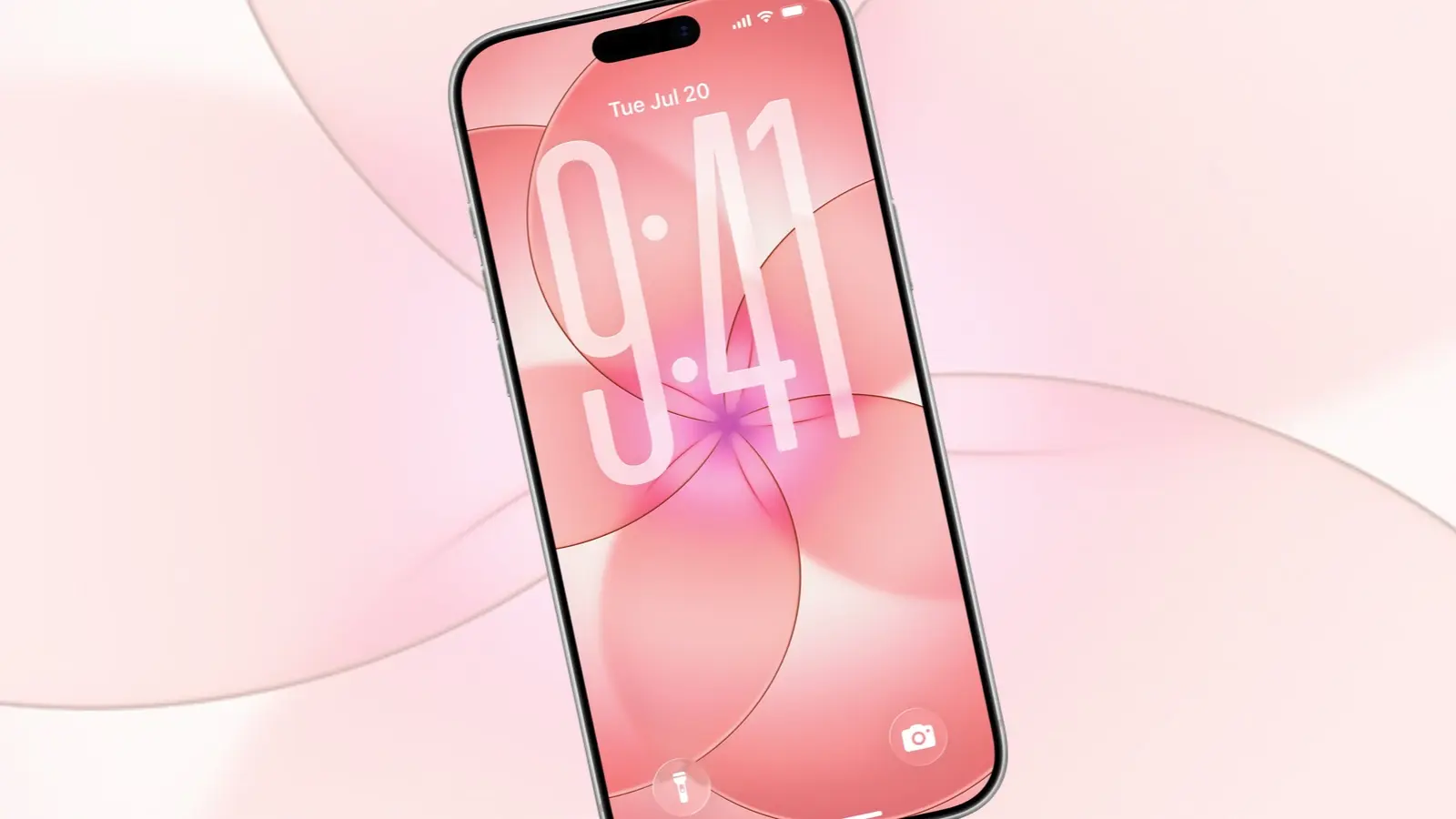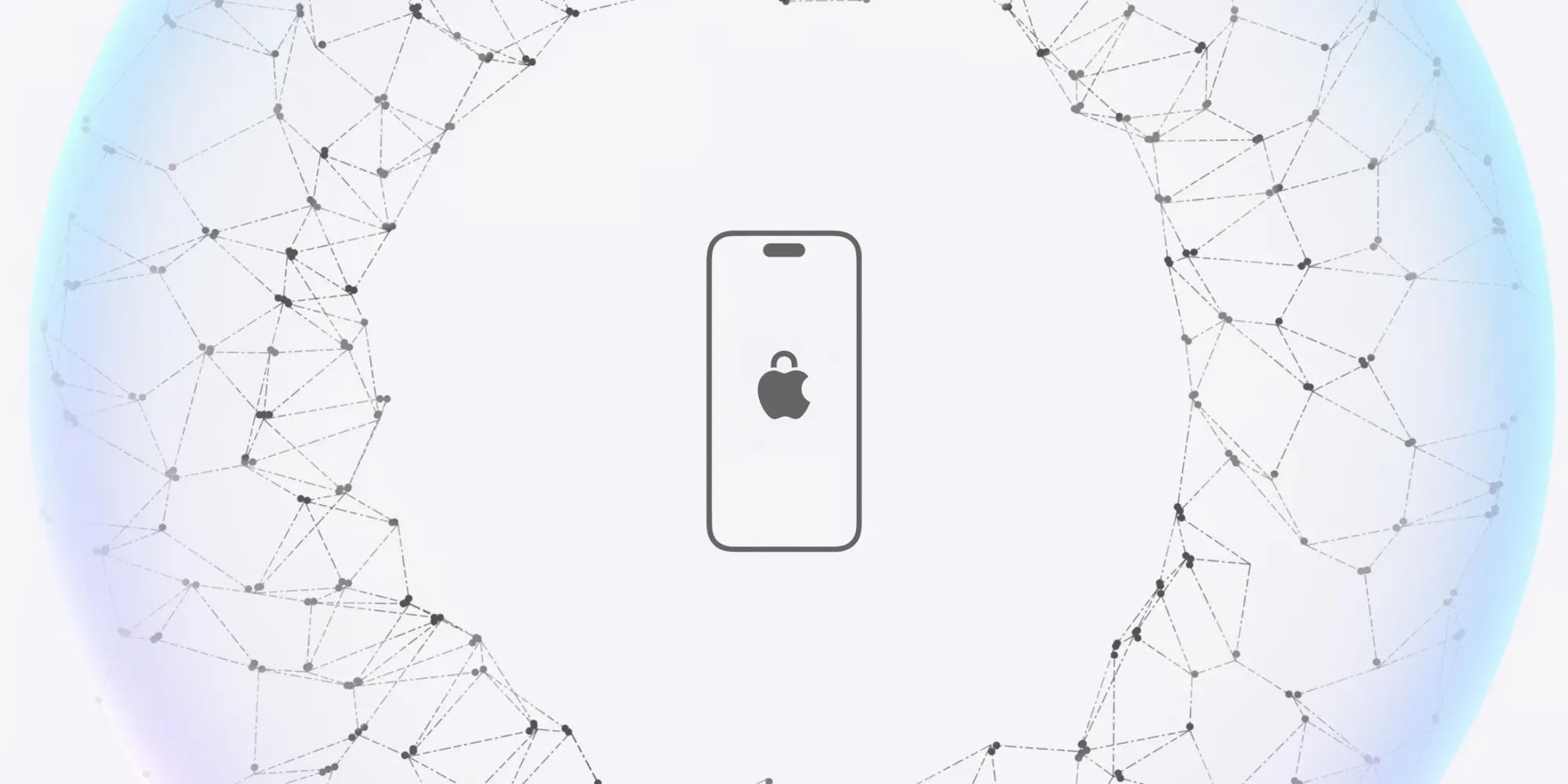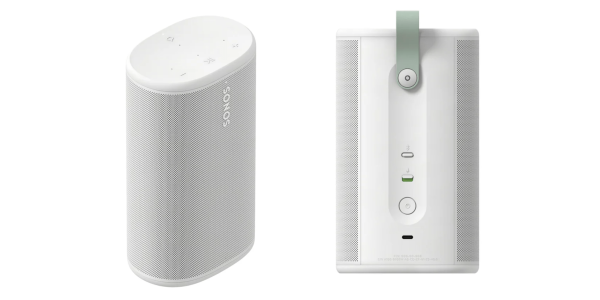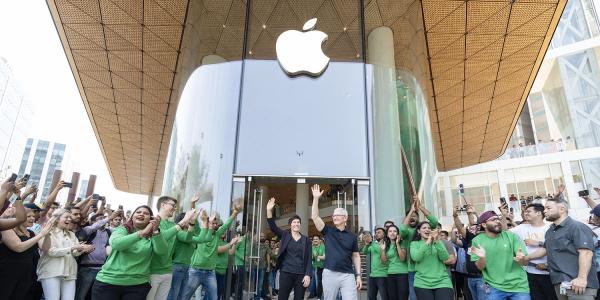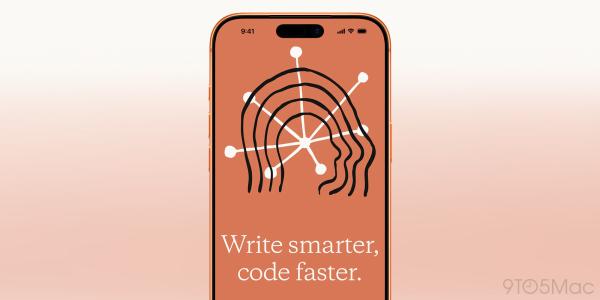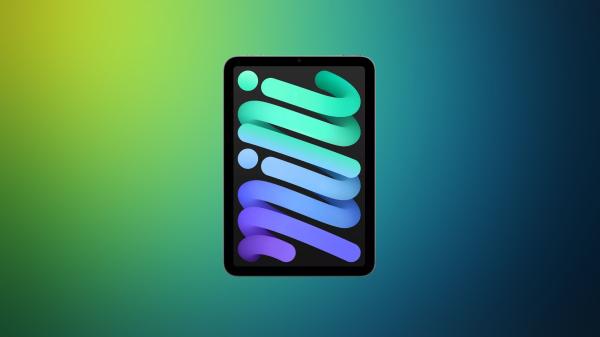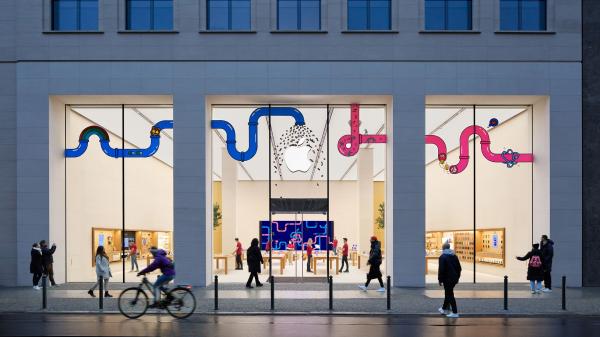One thing that has always set Apple devices apart from competitors has been the price range, with all things from the iPhone to high-end laptops carrying a premium cost. This has helped Apple to maintain an elite feel and not compromise on quality, but at the same time, it removes them from a large market section. Could it be worth it to cut some quality or features for a true budget iPhone?
The Functional Market
As much as people love to get the newest tech option with all the latest features, there will always be a large portion of the population who simply don't need all the bells and whistles. This particular group lies somewhere between those who need a basic handset and those who need advanced functions, although many things seen as 'advanced' are actually far less intensive than most realise.
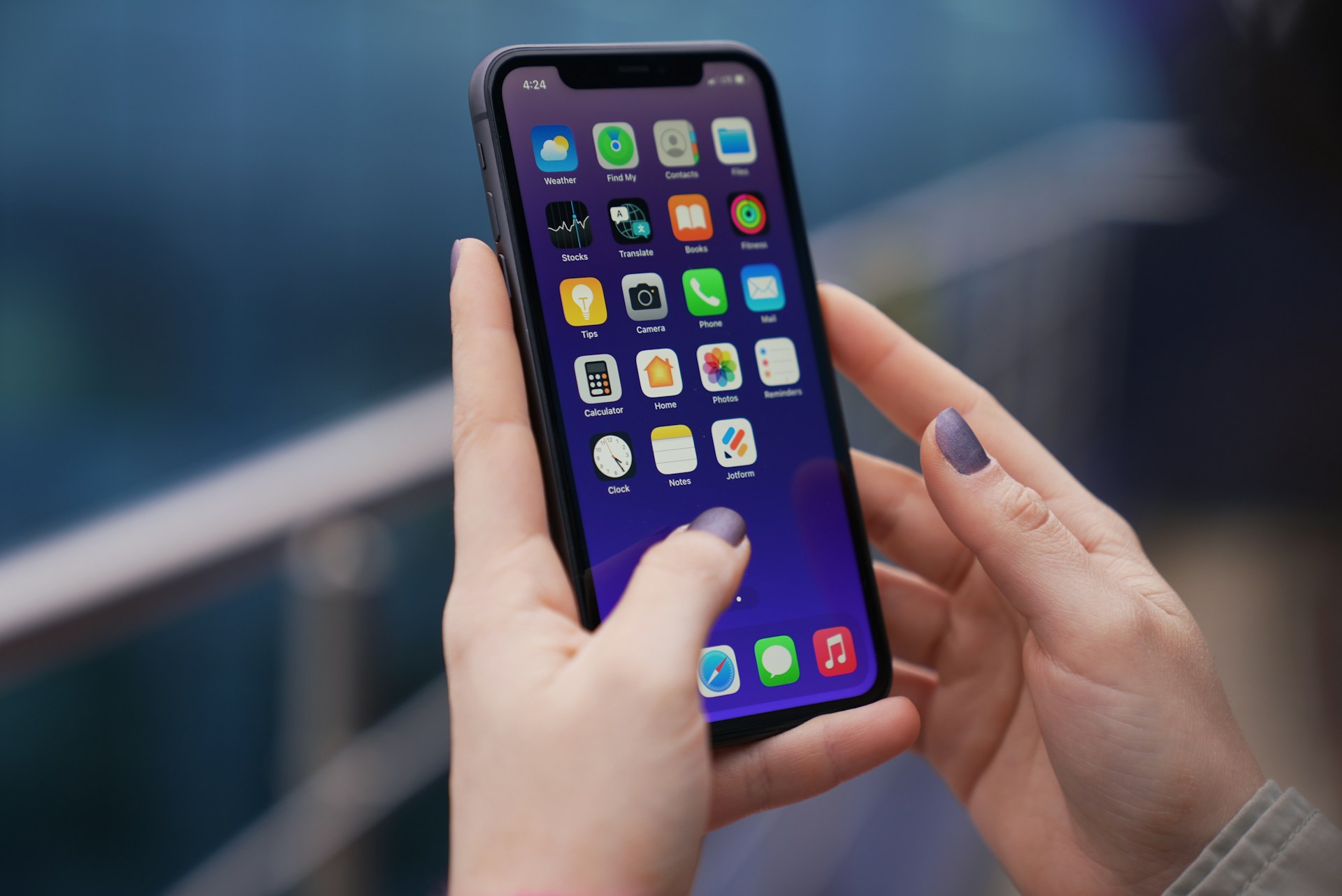
Even things like online casino and bingo games that look complex are optimised for mobile devices these days and put little strain on the hardware. Bingo games at Paddy Power or any of Evolution's high-production live games can be played just as easily even on a budget device. When even the iPhone SE has power above requirements, there's room to drop down.
Global Reach
The other negative to the high entry point is that certain global markets are all but closed off. For example, compared to their competitors, Apple's presence in regions like Africa or South America is almost non-existent. In particular, the smartphone market in Africa has exploded in growth in the past few years, but primarily with more budget brands with Apple's market share close to only 10%.
Given that the largest growth markets like Africa, Brazil, and India are set to only increase their rate of new users, this could be the perfect time to introduce some form of economy model. In Apple's case, it wouldn't even need to compete directly at the same price point; considering the lowest end is more than double the cost currently, some price in-between could already do a lot.
Brand Consequences
Considering that it has positioned itself as something of a luxury brand for so long, the downside of going down the budget route is that the high-end reputation could lose some shine. After all, the reputation and appearance of using an iPhone is often cited as a major reason why people buy Apple in the first place. Having an economy model could risk the image entirely.
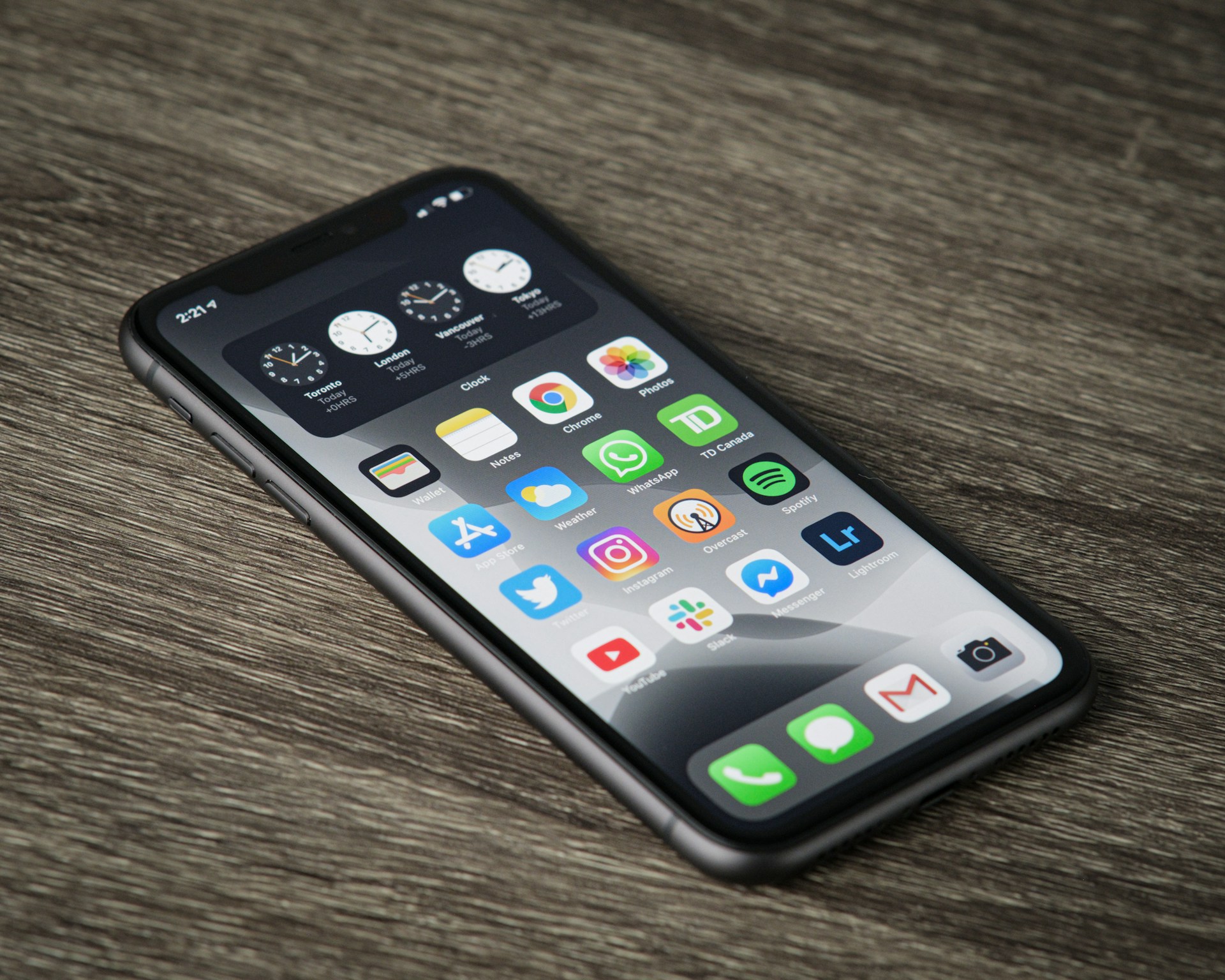
With that in mind, Apple's juggernaut of a marketing team could undoubtedly find some way to put a positive take on it. There's also the fact that it may not even require a specific release, but instead a small shift in policy. As it stands, the SE model is the oldest iPhone still retailed by Apple directly and would be set to retire with the next major range release. Keeping it in stores longer as prices decrease could solve a lot of issues without risking the brand.
As it stands, Apple is very much set in terms of target and policy, and so far there's been no indication of shifting. However, if ever there was a time to go for budget markets, this would be it.



